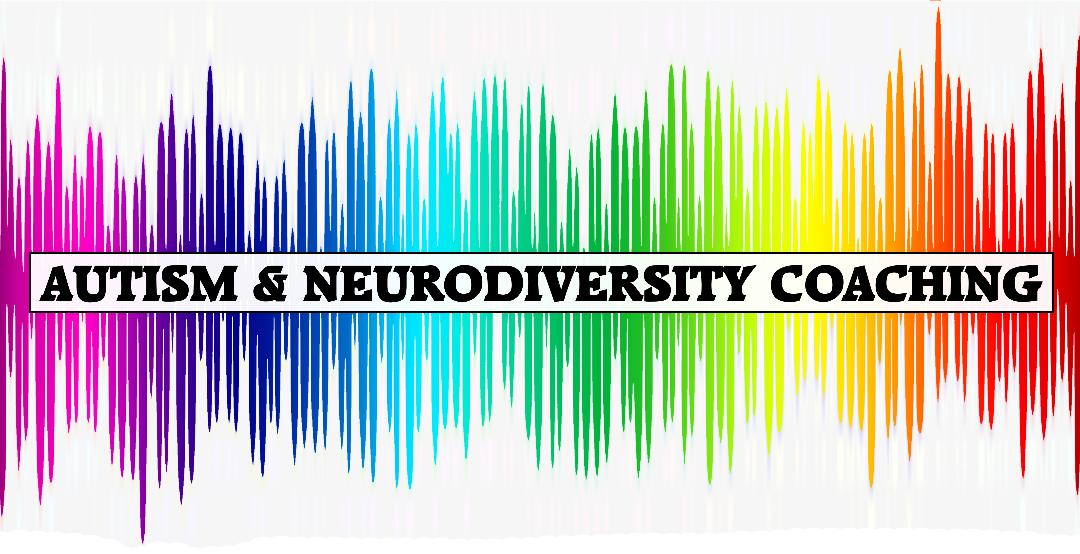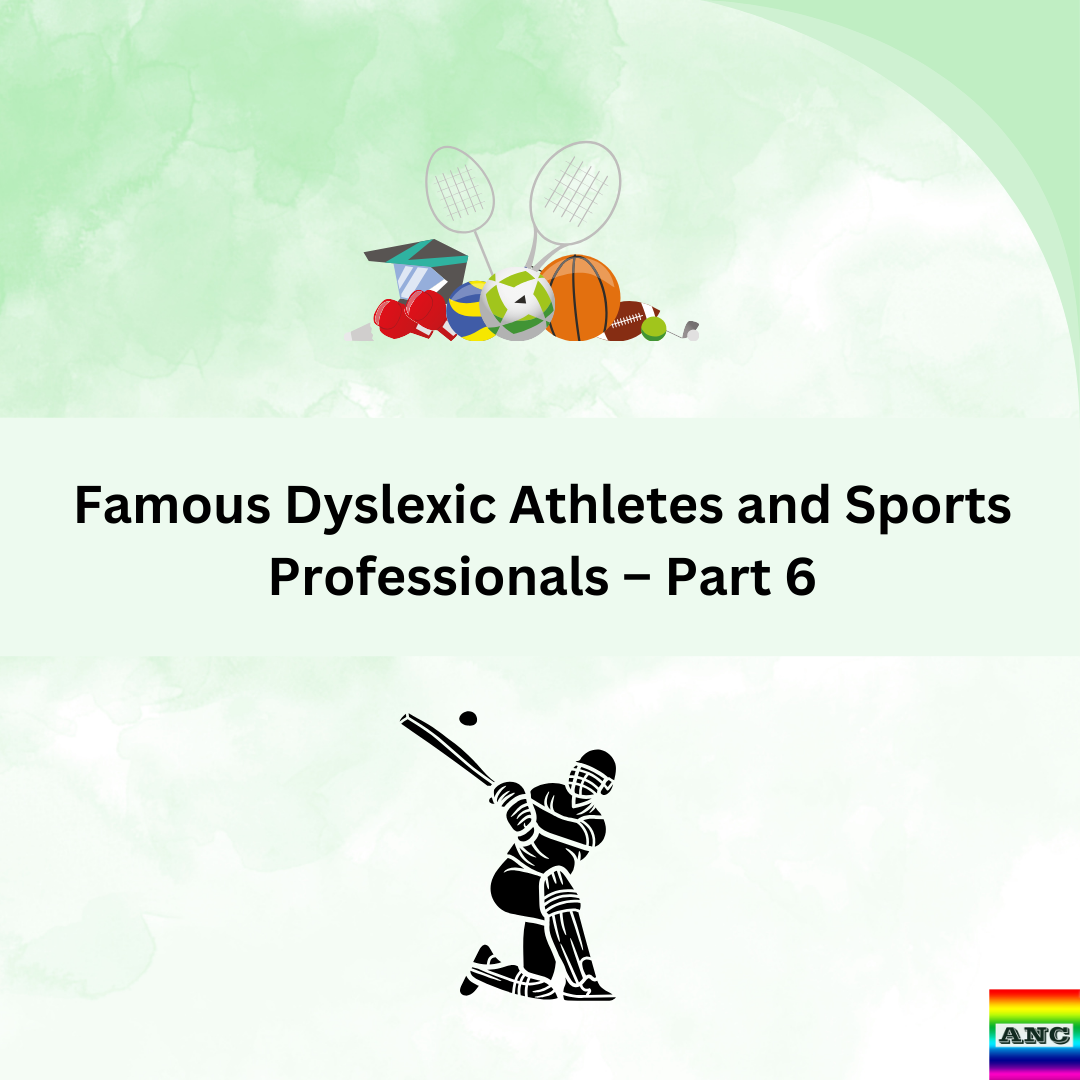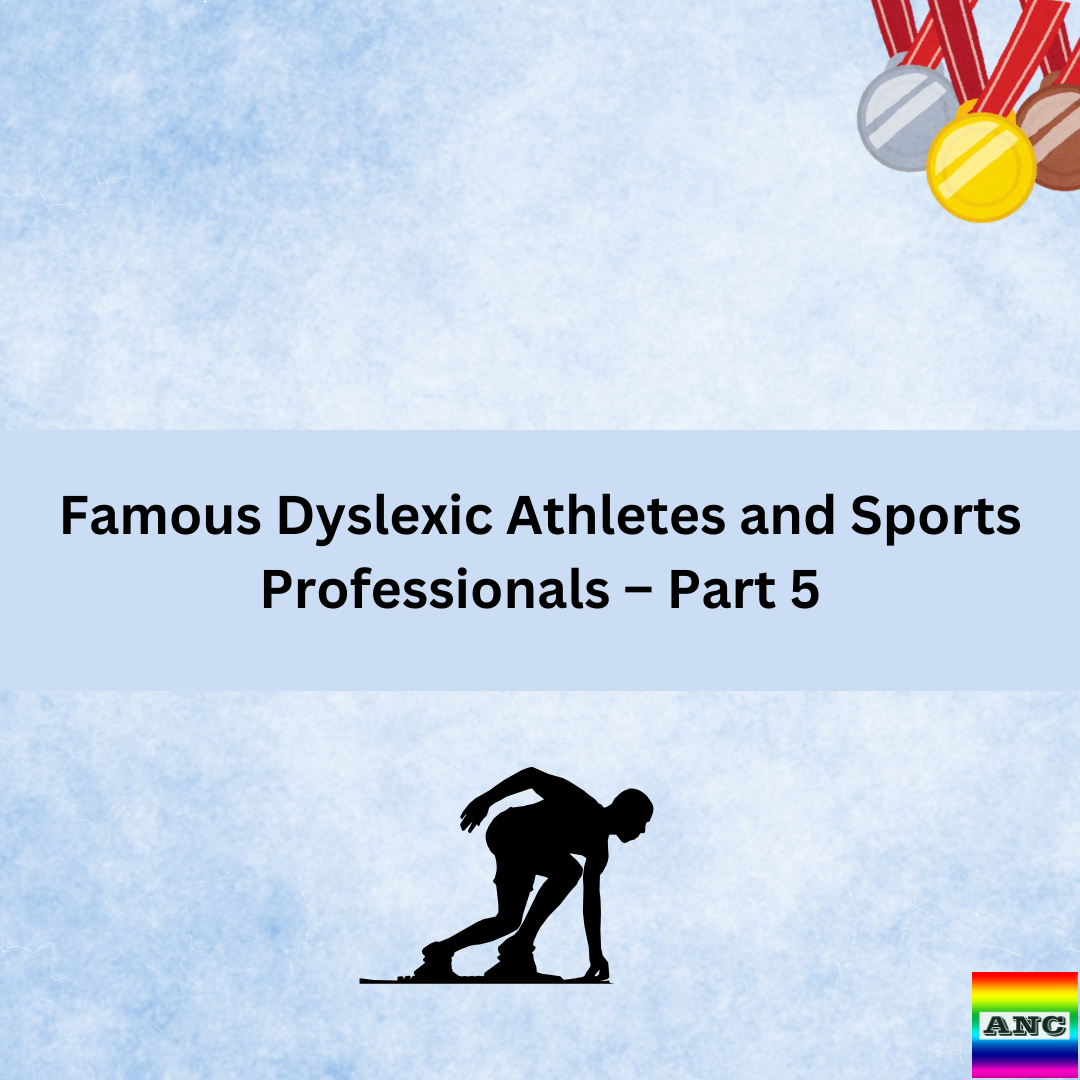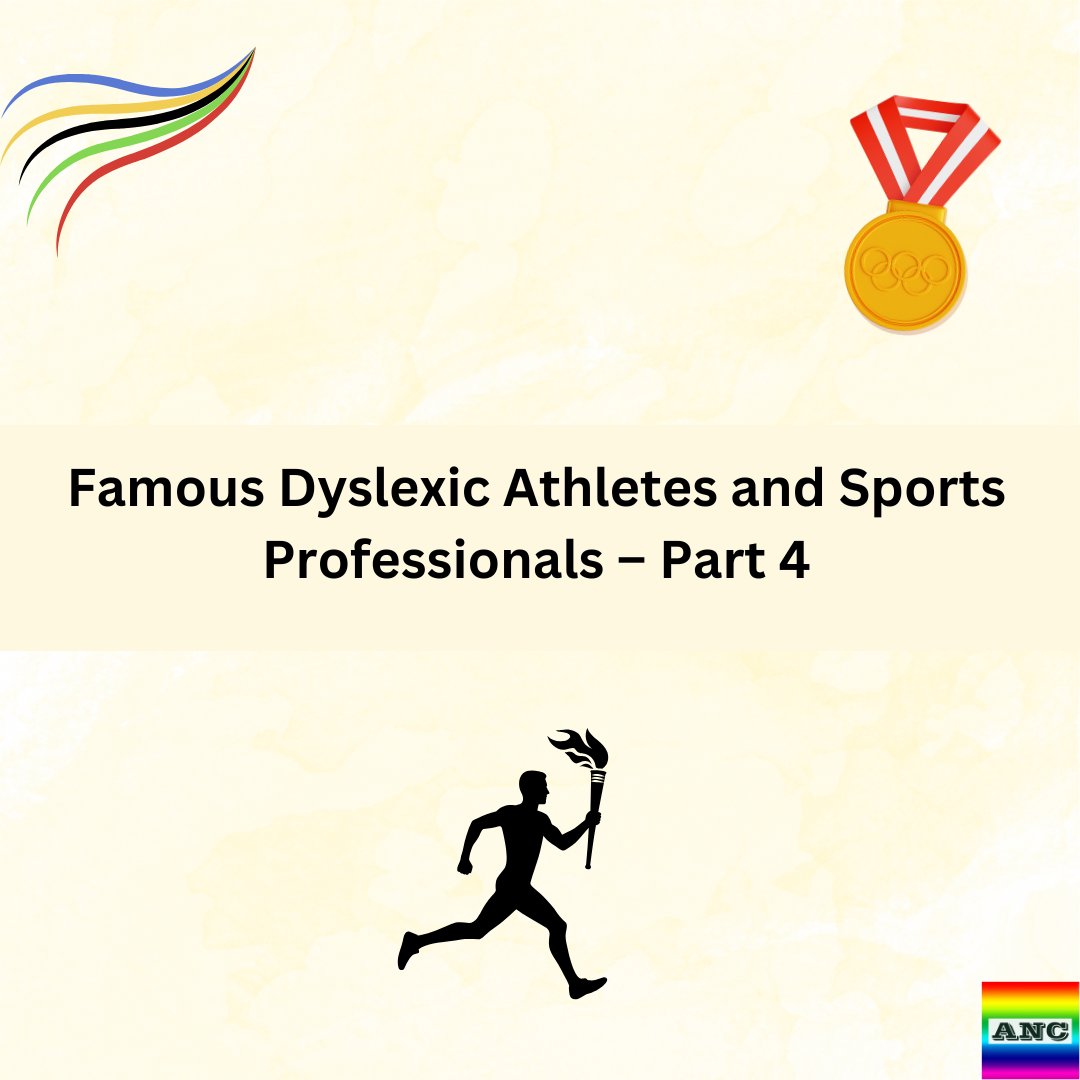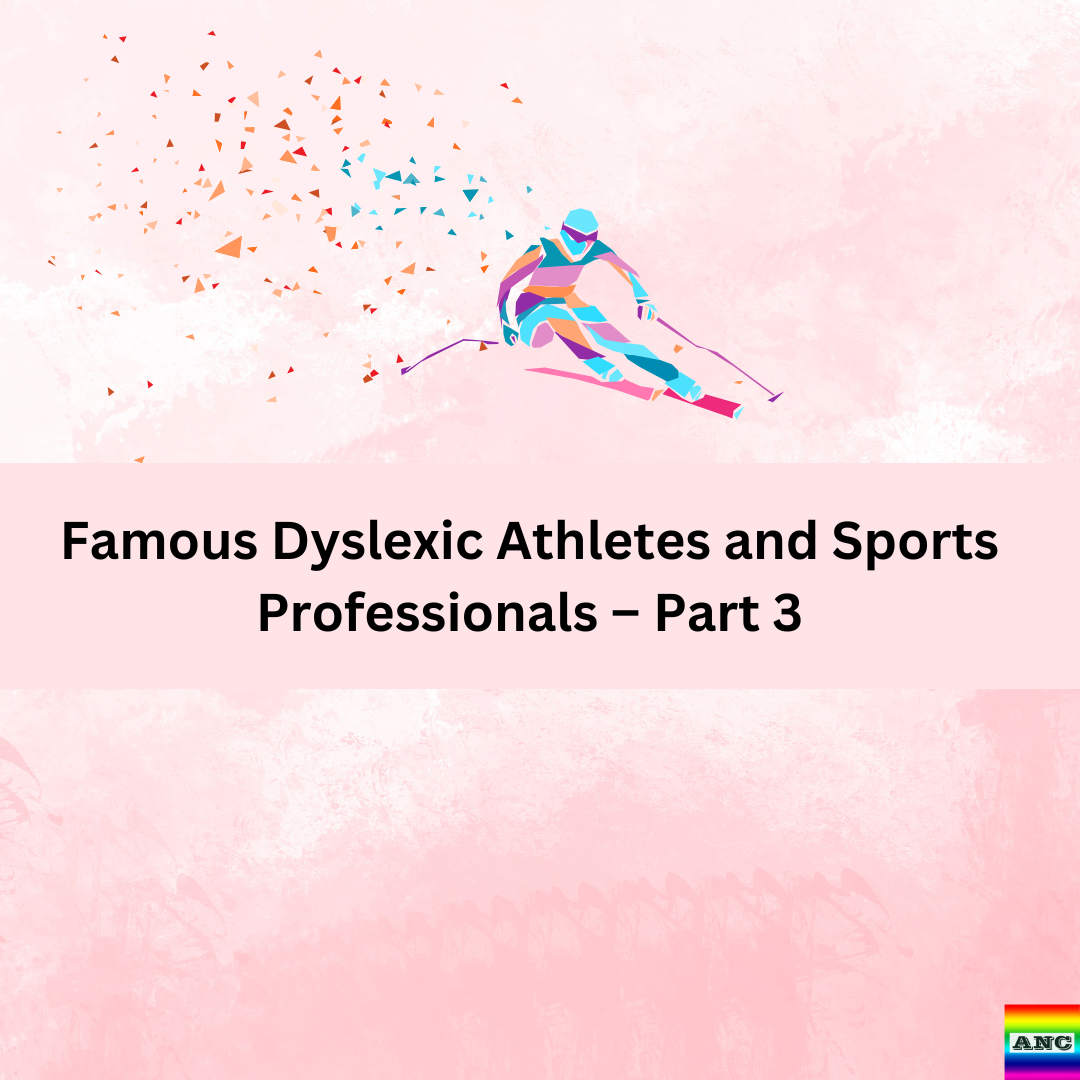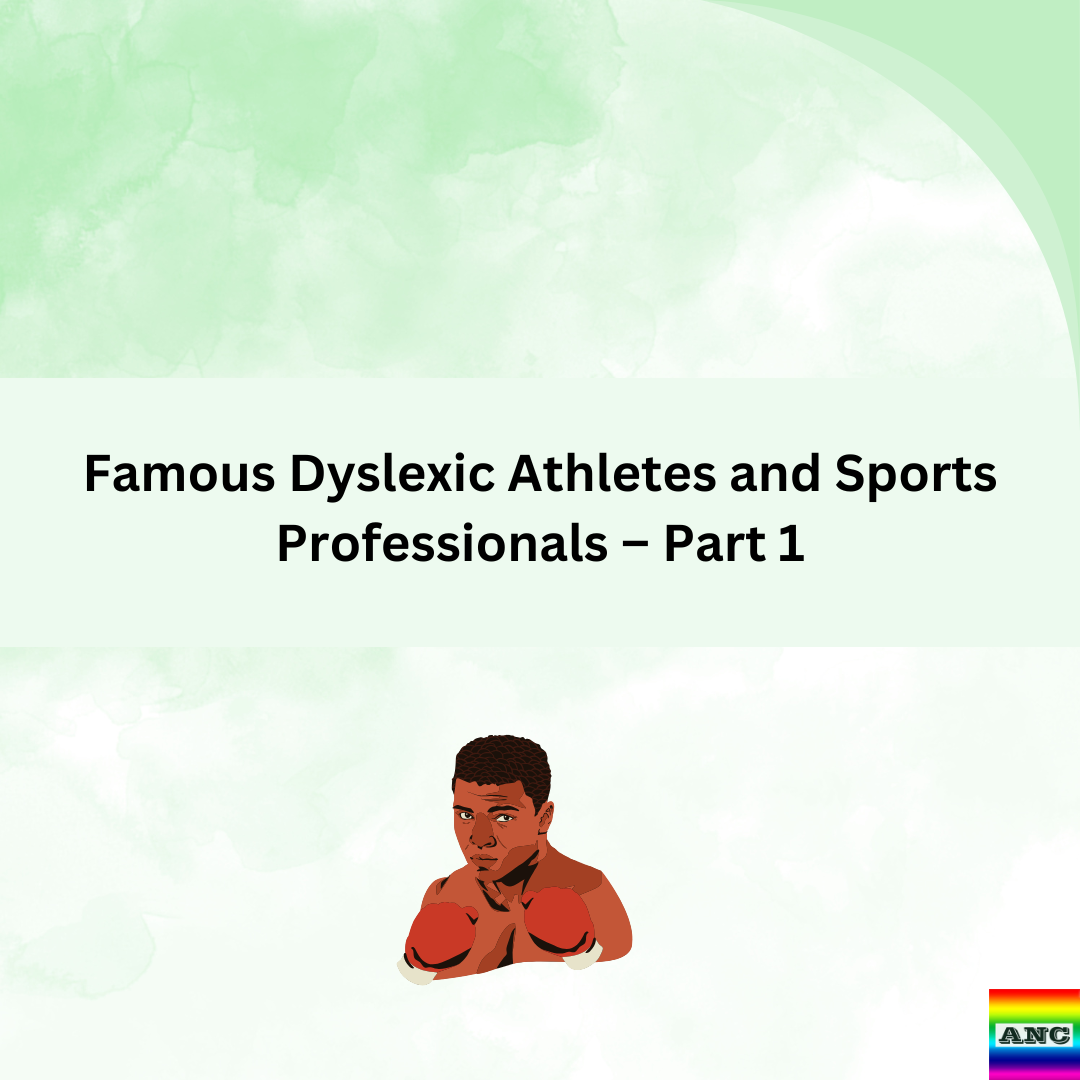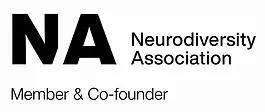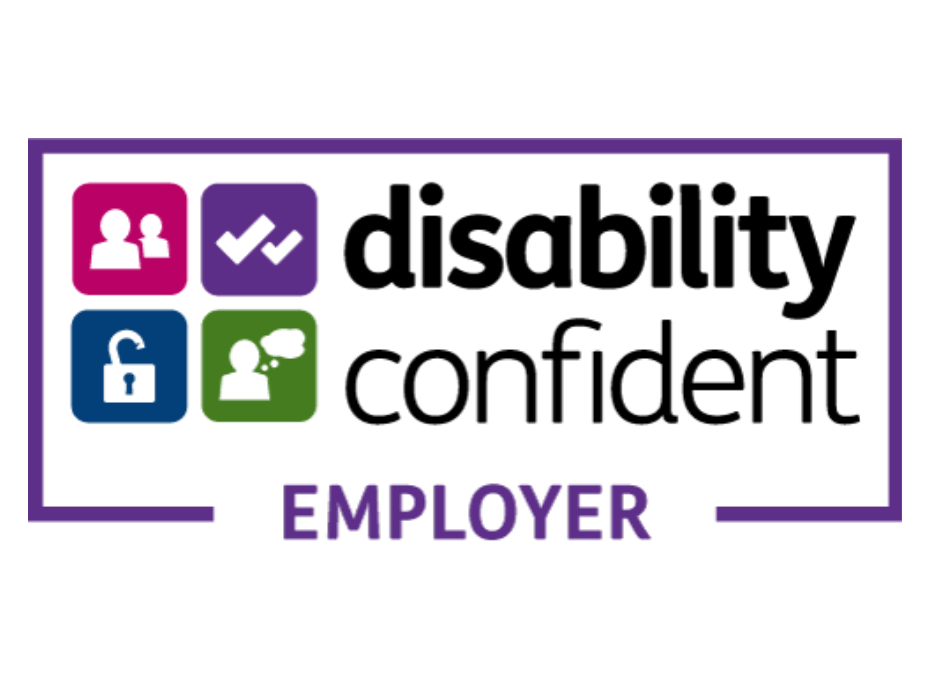The Importance of Role Models for Dyslexic Players
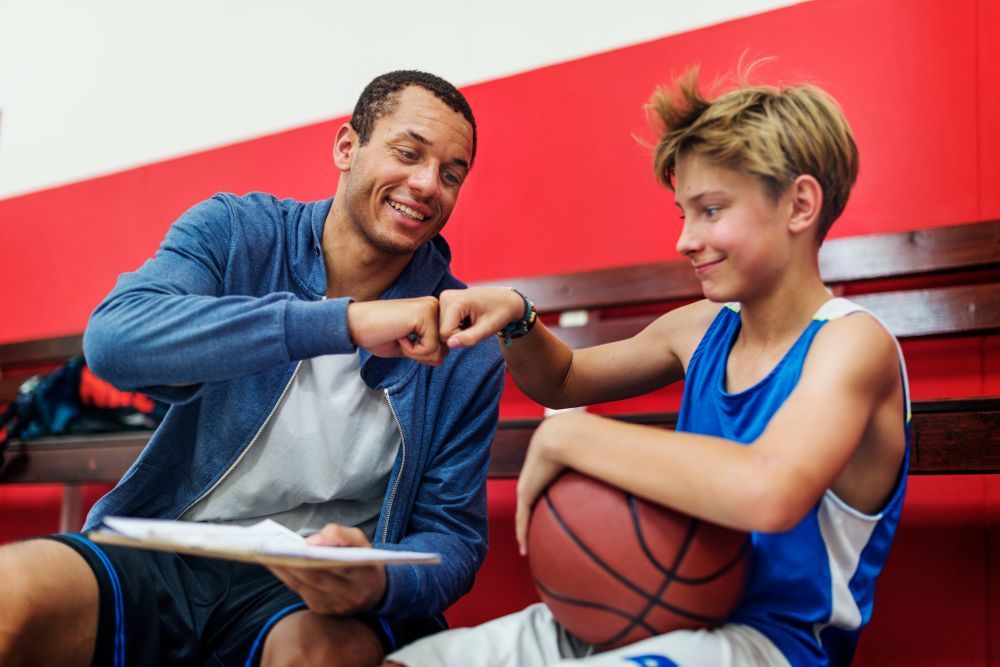
Having role models in the world of sport who openly discuss their experiences with dyslexia is crucial for aspiring athletes facing similar challenges. Athletes like Tim Tebow and Steve McManaman show that having dyslexia is not a barrier to success but rather a challenge that can be managed and even leveraged as an advantage.
For young players, seeing successful athletes with dyslexia can be a source of inspiration and motivation. It helps dismantle the stigma surrounding learning differences and encourages them to pursue their passion for football without fear of judgment or limitations. The success of these role models reinforces the idea that there are multiple paths to greatness, and having a different way of learning and thinking can lead to unique and valuable contributions on the field.
Role models also highlight the importance of perseverance and self-confidence. Dyslexic athletes often need to work harder to overcome academic challenges or learn new strategies in football, but with determination, they can achieve their goals and inspire the next generation of dyslexic footballers to do the same.
The Role of Schools and Clubs in Supporting Dyslexic Athletes
Schools and football clubs play a pivotal role in helping dyslexic athletes succeed by providing the necessary support and accommodations. Many dyslexic football players, especially at the high school and collegiate levels, face academic pressures that can impact their ability to stay eligible for play. Educators and coaches who understand the challenges of dyslexia can create a more inclusive environment where these athletes are given the tools they need to succeed both on and off the field.
1. Academic Support Programs
Schools can offer specialised tutoring, extra time for assignments, or access to assistive technology that helps dyslexic students manage their academic workload. Ensuring that athletes receive the educational support they need allows them to focus on their training without the added stress of academic struggles.
2. Inclusive Coaching
Football clubs and teams that prioritise inclusive coaching practices help dyslexic athletes reach their potential. Coaches who are willing to adapt their teaching methods, offer visual learning aids, and provide personalised feedback ensure that dyslexic players can fully understand the game’s strategies and perform at their best.
3.
Peer Support
Creating a supportive team environment where all players understand the challenges some teammates may face is essential for creating inclusivity. Peer support, encouragement, and understanding can help dyslexic athletes feel more comfortable, confident, and focused on their performance rather than worrying about misunderstandings.
Looking Toward the Future: Dyslexia in Professional Football
The future for dyslexic athletes in football looks bright. As awareness of neurodiversity grows and more resources become available, dyslexic footballers will have even more opportunities to excel at the highest levels of the sport. Increased recognition of dyslexia in sports also encourages a cultural shift, where the unique strengths of neurodivergent athletes are seen as valuable assets rather than challenges to be overcome.
In professional football, more clubs are investing in mental health and well-being initiatives, which include support for neurodivergent players. By integrating neurodiversity into their player development programs, football clubs can tap into a wider range of talents and skills, enriching their teams and contributing to more innovative styles of play.

